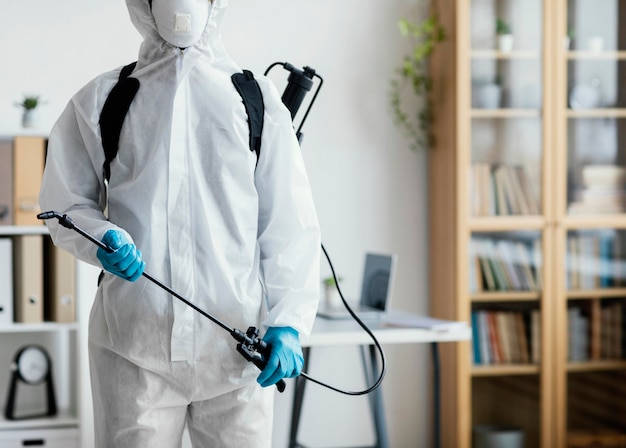
Expert Bed Bug Specialist for Effective Pest Control
Bed bugs are a growing concern in both residential and commercial properties. These small, nocturnal insects are known for their ability to hide in mattresses, furniture, and even walls, making them difficult to detect and eradicate. As infestations increase, the need for expert bed bug specialists in pest control has become paramount. These professionals possess the knowledge and tools necessary to identify, treat, and prevent bed bug infestations effectively. Understanding the role of an expert bed bug specialist can help individuals and businesses make informed decisions about pest control solutions.
The Role of a Bed Bug Specialist
Bed bug specialists are trained to handle infestations with precision and care. Their primary responsibilities include:
- Conducting thorough inspections to identify the presence of bed bugs.
- Using advanced detection tools, such as bed bug detection dogs and thermal imaging.
- Developing customized treatment plans tailored to specific infestation levels.
- Implementing safe and effective pest control methods.
- Providing ongoing monitoring and prevention strategies.
Learn more in this detailed guide.
Effective Pest Control Techniques
Integrated Pest Management (IPM)
Integrated Pest Management is a sustainable approach that combines various control methods to eradicate pests effectively. This strategy includes:
- Monitoring and identifying pests accurately.
- Establishing action thresholds to determine when control is needed.
- Implementing preventive measures to reduce the risk of infestation.
- Utilizing control methods such as biological, chemical, and physical tools.
Explore further insights here.
Heat Treatment
Heat treatment is a chemical-free method that involves raising the temperature of an infested area to levels lethal to bed bugs. This method offers several benefits:
- Eliminates bed bugs at all life stages, including eggs.
- Is environmentally friendly and leaves no chemical residues.
- Provides quick and efficient results, often within a single treatment.
Find additional information here.
Chemical Treatments
In cases where heat treatment is not feasible, chemical treatments may be employed. A bed bug specialist will select the appropriate insecticides, ensuring safe and effective application. Key considerations include:
- Using EPA-approved products to ensure safety and effectiveness.
- Applying treatments in a manner that minimizes exposure to non-target areas.
- Following up with inspections to ensure the complete eradication of bed bugs.
Preventing Future Infestations
Prevention is a crucial component of effective pest control. Bed bug specialists often provide recommendations to help prevent future infestations, including:
- Regularly inspecting beds, furniture, and luggage for signs of bed bugs.
- Reducing clutter to minimize hiding places for bed bugs.
- Using protective covers on mattresses and box springs.
- Sealing cracks and crevices where bed bugs may enter.
- Educating occupants about the signs of bed bug activity.
For those seeking comprehensive pest control solutions, professional advice and intervention are invaluable. Learn more in this detailed guide.
Conclusion
Engaging the services of an expert bed bug specialist is essential for achieving effective pest control. With a combination of advanced detection methods, tailored treatment plans, and preventive strategies, these professionals are equipped to manage bed bug infestations efficiently. As the demand for pest control services grows, maintaining awareness of effective techniques and prevention measures becomes increasingly important. Explore further insights here.